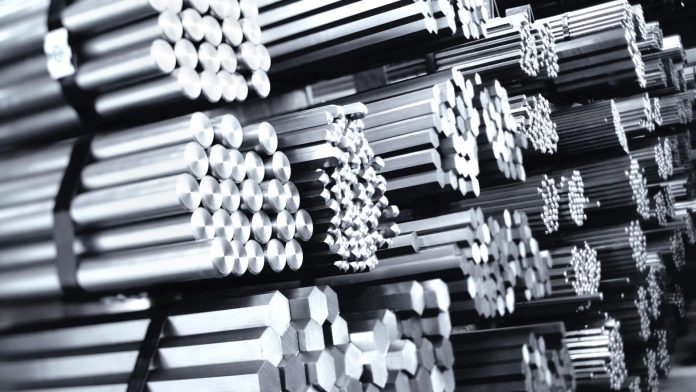Emmenbrücke, Witten: The automotive industry is facing major challenges, and the demands placed on materials are more diverse than ever before. At the Swiss Steel Group, the development and production of special steels plays a key role in meeting current and future needs particularly with regard to sustainability, efficiency, and machinability.
The trend is increasingly toward lighter, safer, and more resource-efficient vehicles. This applies not only to vehicles with low-CO2 drives, but also to the manufacture of components for electric vehicles, which rely on lighter materials to maximize range and energy efficiency. The Swiss Steel Group relies on innovative steel technologies that not only offer maximum performance but also promote the sustainable use of resources.
Sustainability through lighter materials and resource conservation
A key goal of automotive manufacturers is to reduce fuel consumption in vehicles with conventional drives through lightweight construction while increasing the range of electric cars. The Swiss Steel Group’s special steels contribute to this by enabling components to be produced with less material and optimized performance. This reduces CO2 emissions over the entire life cycle of the vehicles – from production to operation to disposal.
Particularly noteworthy is the use of Bainidur 1300, an innovative material from Deutsche Edelstahlwerke. This bainitic steel enables the cost-efficient production of lightweight components that can be processed easily without additional tempering processes or the risk of distortion – even for large-format components (> 60 mm round). Thanks to its lower material consumption and easier machinability, this steel contributes significantly to resource conservation.
Ease of processing as a competitive advantage
In addition to sustainability, the focus is on efficiency in production. With its special steels, the Swiss Steel Group offers solutions that are not only high-performance, but also particularly easy to process. One example is Bainidur 1300, which, thanks to its excellent machinability, helps to minimize production costs when manufacturing complex components while ensuring consistent quality. Thanks to the optimized forging and cooling process, the effort required for the finished parts is significantly reduced. This saves manufacturers both time and money.
Bainidur 1300 offers an outstanding combination of lightweight construction and machinability. It enables components to be manufactured efficiently without compromising on quality. At the same time, it significantly reduces the amount of material used, which has a positive impact on resource conservation.
Innovative solutions for demanding applications
The Swiss Steel Group also offers tailor-made solutions for the most demanding applications in the automotive industry. For example, the heat-resistant steel Thermo-dur 2383 Supercool ensures shorter production times in the manufacture of sheet metal components such as the B-pillar by significantly reducing process costs through combined hot forming and heat treatment. The SF-2000 LQ40 plastic mold steel from Sorel Forge is characterized by excellent purity, which enables a high-gloss polishable surface – ideal for the production of crystal-clear headlight lenses.
Steeltec’s HSX 90 special steel is used in the production of airbag sleeves and ensures fast and reliable manufacturing, with the steel withstanding extreme loads until the airbag is deployed.
Sustainability and machinability as key factors
The Swiss Steel Group supports the automotive industry not only with highly developed materials that meet the highest performance requirements, but also with innovative solutions that are both resource-efficient and efficient in production. The use of sustainable special steels not only reduces the CO2 footprint of vehicles, but also simplifies production and makes it more cost-effective. This is a clear advantage for all players in the automotive industry who are committed to the future of mobility.








